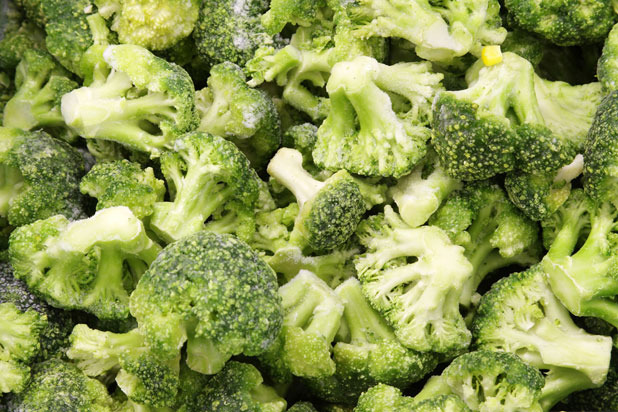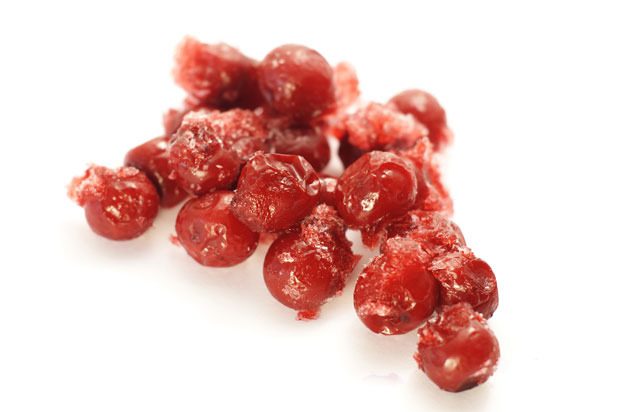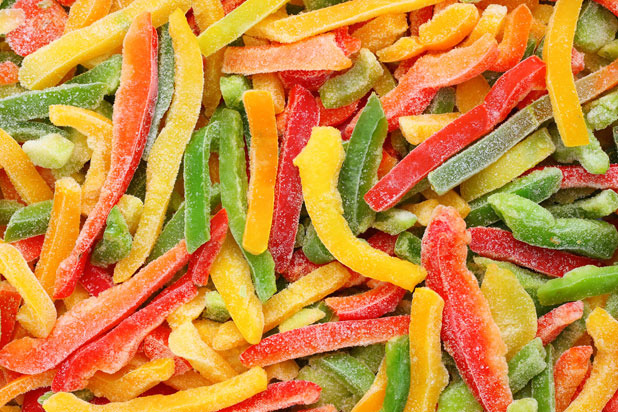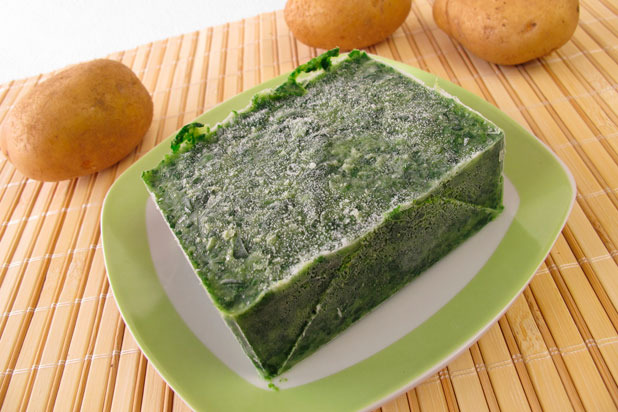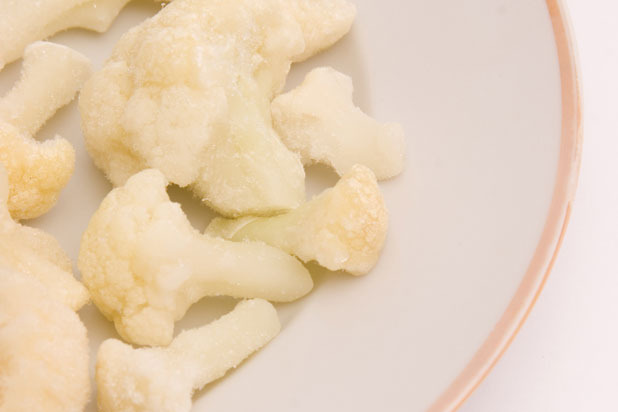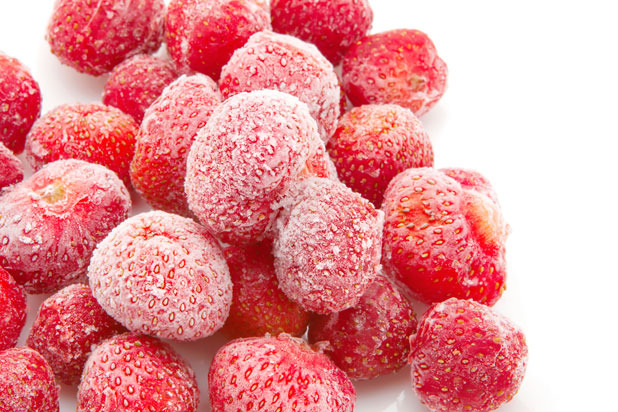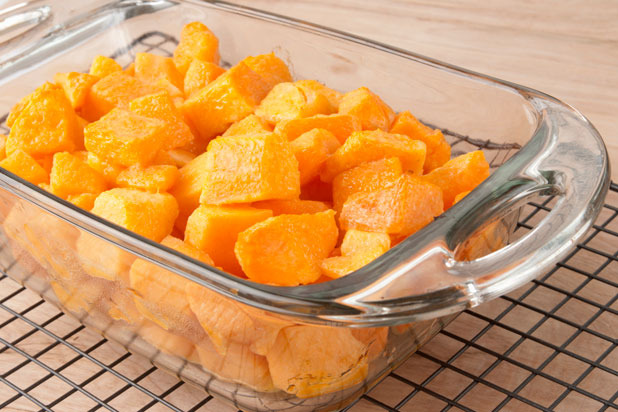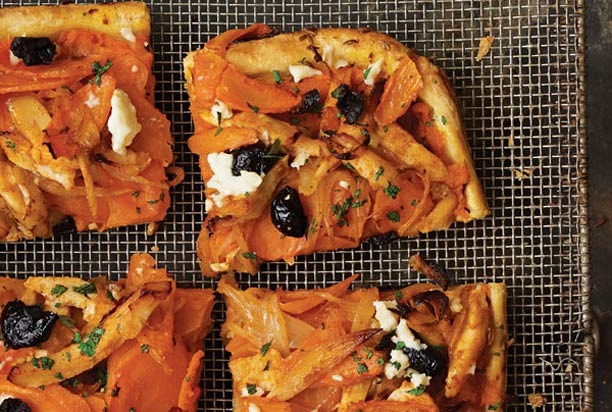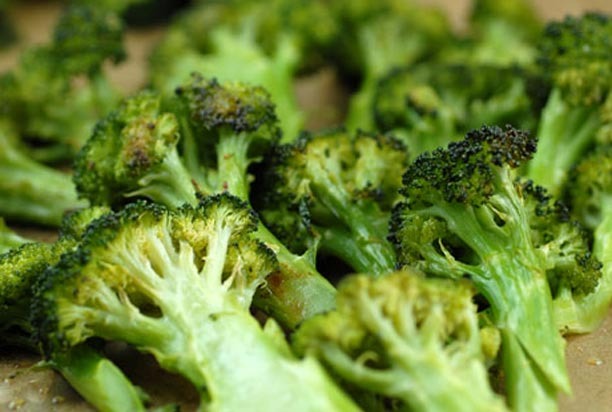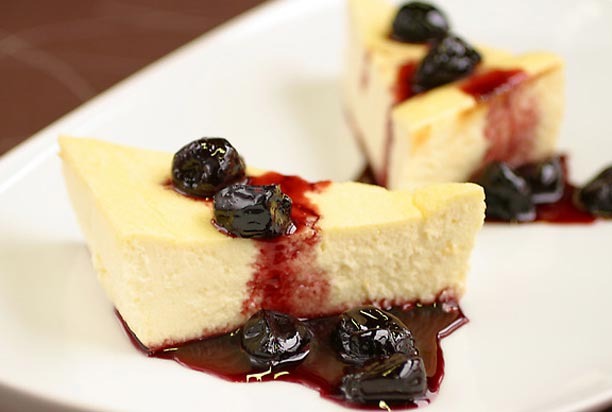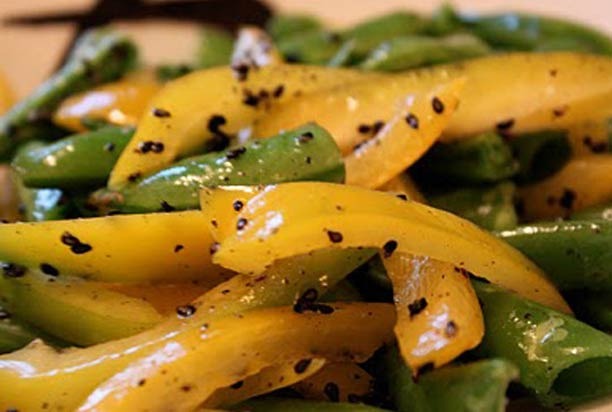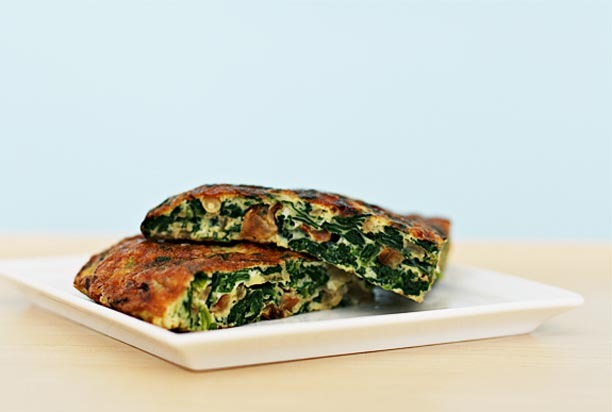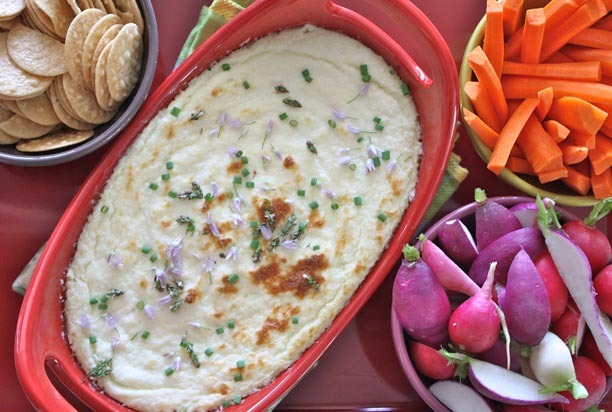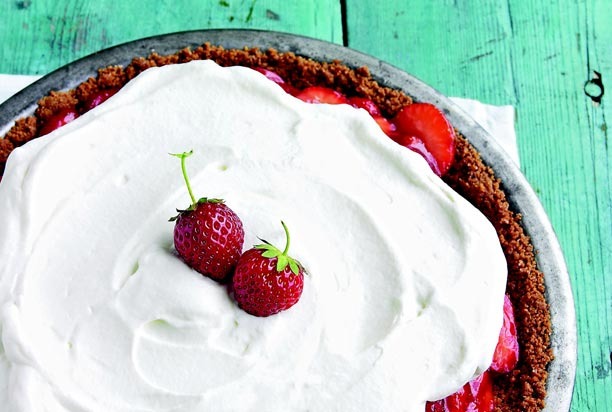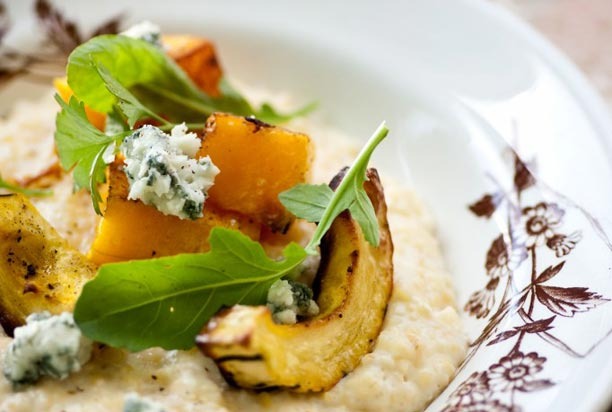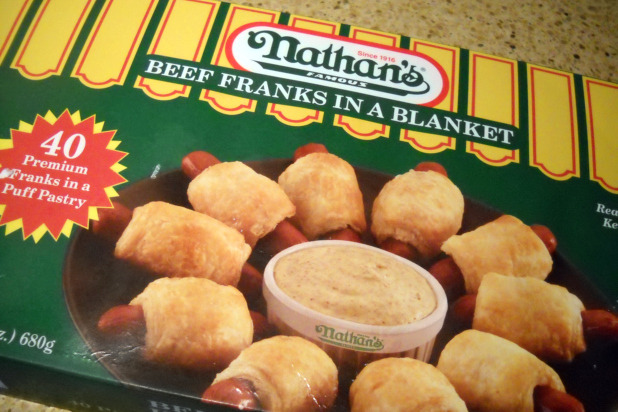8 Foods That Are Worth Buying Frozen Slideshow
Even though carrots are almost always available year-round, their super-food qualities become a moot point when they turn rubbery after only a few days in the refrigerator. Frozen carrots are an excellent option because all of those high levels of beta carotene (which can be converted to vitamin A) and antioxidants have been locked into the vegetable. Carrot cryogenics ensure that those powerful health benefits like improved vision, beautiful skin, cancer prevention, and anti-aging will never go away. Buying pre-cut fresh carrots will cost you around $3 at an online grocery story like Peapod, while 2 cups of pre-cut frozen carrots will cost you $1.49.
Broccoli
Broccoli, like cauliflower, is a member of the cruciferous family. However, broccoli is the only one with a sizable amount of sulforaphane, a potent compound that boosts the body's protective enzymes and flushes out cancer-causing chemicals. It helps fight breast, liver, lung, prostate, skin, stomach, and bladder cancers, and it's low in fat, high in fiber, and high in vitamins C and A. If that's not enough, it's a valuable source of calcium, containing as much calcium as a glass of milk. With all this being said, broccoli's freshness is short-lived, and its nutrient density degrades as it begins to spoil after only a day in your fridge. Buying frozen broccoli, which costs $1.39 for 1 pound, is a much better decision than buying a head of fresh broccoli for $1, which is typically only half of a pound.
Cherries
Fresh cherries are pretty difficult to find in stores out of season, but when you can buy them frozen, you can enjoy them all year long. For just $5 on Peapod, you can get 12 ounces of cherries that are loaded with the same antioxidants as the berries we discussed earlier. The deep red pigment that gives cherries their color is also from anthocyanin, and a good amount of it helps to reduces inflammation. Not only that, but the anthocyanin found in cherries may reduce the risk of heart disease, stroke, and even some types of cancer. Choose the tart cherries when buying them frozen, because they're slightly lower in sugar than the sweeter varieties.
Red Bell Peppers
There's no argument against the health benefits of a bell pepper: just half a medium bell pepper provides a daily dose of vitamin A and twice as much vitamin C as an orange. These two vitamins help neutralize free radicals that, in turn, helps reduce heart disease, some cancers, and cataracts... that is, if they are fresh. The bell peppers you find sitting on your produce stand could be more than few days old, which is why nutrient-dense foods like red bell peppers are key to remember when considering frozen versus fresh vegetables. Buying frozen bell peppers is a little more expensive than buying fresh, with prices for fresh being around $0.21 per ounce* and frozen being around $0.37 per ounce, but it's worth the extra dough considering the amount of nutrients that are saved, and of course, frozen peppers are pre-cut, cored, and seeded.
* Assuming 1 bell pepper is about 8 ounces.
Spinach
While spinach is known as one of the most nutrient-rich super-foods, it starts losing its nutrient value the minute it gets picked. Those boxes of fresh spinach you buy at the grocery that cost around $4 for less than 1 cup lose most of their nutrient content after only eight days of sitting in the fridge. Frozen spinach, at around $2 for 10 ounces, remains a super food for weeks on end, and remains full of micronutrients such as antioxidants, folate, and carotenoids that help reduce degenerative disease, heart diseases, and certain cancers.
Cauliflower
Another cruciferous vegetable you'll want to buy frozen is cauliflower. Due to its compounds known as isothiocyanates, cauliflower can inhibit the growth of cancer cells, and just a ½-cup serving provides 45 percent of the recommended daily allowance of vitamin C. Buying a 16 ounce bag of frozen cauliflower at $1.39 is a much better deal than a 12-ounce bag of fresh cauliflower for $3.49, both nutritionally and financially.
Berries
Frozen berries such as blackberries, raspberries, strawberries, and blueberries are a better value frozen because they start losing their nutrients moments after being picked. Fresh berries that sit on the shelf at your local grocery store can be days old, and don't even get us started on buying them fresh out of season. Berries should be eaten at their peak because they contain high levels of antioxidants known as anthocyanin, the colorful pigments that give berries their wonderful shades of blue, purple, and red. These antioxidants are known for a number of health benefits, most notably their use as anti-inflammatories and for cancer prevention. Even better, they're cheaper frozen, because on online grocer Peapod, you can get more than 1 cup of frozen blueberries for less money than only 1 cup of fresh, so you're saving money even before you have to throw out those rotten fresh blueberries. If you want to maximize your antioxidant benefits from berries, go organic and go frozen.
Butternut Squash
A super-food, butternut squash delivers an ample dose of dietary fiber, making it an exceptionally heart-friendly choice. It provides significant amounts of beta-carotene (a deterrent against breast cancer and macular degeneration), potassium, folate, and vitamin B6 — nutrients that are essential for both the nervous and immune systems. The folate content adds yet another boost to its heart-healthy reputation and helps guard against birth defects, and by buying butternut squash frozen, you're ensuring you get all of those nutrients no matter how long you wait to cook it. And, you do save a little money, because the price per ounce for pre-cut, fresh squash will cost you around 32 cents, whereas the price per ounce of frozen squash costs around $0.25.
Moroccan Carrot and Roast Chicken Tart Recipe
Put your frozen carrots to work with this spicy Moroccan tart with roasted chicken and olives.
Oven-Roasted Broccoli
This easy roasted broccoli recipe gets even easier with frozen broccoli.
Ricotta Cheesecake with Warmed Cherries
Now you can enjoy this creamy ricotta cheesecake all year round, with frozen cherries.
Bell Pepper and Snap Pea Salad
Bell peppers are for more than just fajitas, and this snap pea salad recipe makes great use out of your frozen ones.
Spinach Tortilla with Pine Nuts
Frozen spinach is an easy shortcut to this international recipe, helping you create a delicious and impressive meal in no time.
Baked Cauliflower Dip
No one will know you used frozen cauliflower for this cheesy and delicious dip.
Strawberry Icebox Pie
Strawberries not looking so fresh at your farmer's stand? Buy them frozen instead to create this delicious summer dessert.
Creamy Grits with Roasted Butternut Squash and Blue Cheese
Frozen butternut squash will go perfectly in this creamy grit recipe that has a burst of flavor from the blue cheese.
Best Frozen Foods for a Party
Looking to make some shortcuts at your next party? Click here to see the best frozen foods to buy.

